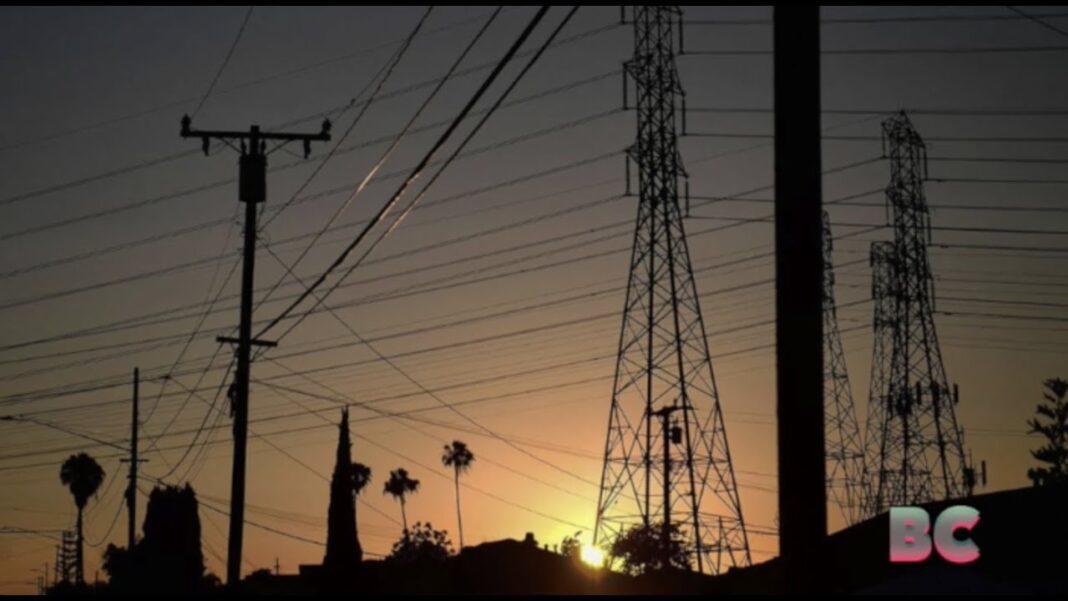Ten days after Election Day, Alaska voters know that the U.S. Senate seat up for grabs in their state will remain in Republican hands, yet it remains unclear whether that person will be incumbent Sen. Lisa Murkowski or challenger Kelly Tshibaka.
With 95 percent of the ballots counted, Tshibaka held a slim lead with 104,898 votes (43.28 percent) compared to 104,470 (43.11 percent) for Murkowski, according to the Associated Press.
Since neither candidate reached the 50 percent threshold needed for a victory, Tshibaka and Murkowski will advance to the final round of a ranked-choice tabulation, it was announced on Nov. 18.
In 2020, Alaska voters narrowly approved a ballot measure that sent the top four finishers in nonpartisan primaries to ranked-choice general elections in which voters rank their top four candidates, regardless of party affiliation.
If nobody reaches 50 percent of the vote in the first round, voters’ second, third and fourth options are counted until a candidate gets to 50 percent.
The first person who receives a majority of the vote wins.
Democrat Patricia Chesbro, who is currently in third with 24,377 votes (10.06 percent), will be removed from the ballot if Tshibaka or Murkowski do not reach the 50 percent threshold.
Republican Buzz Kelley also advanced from the August primary. He dropped out of the race in September and backed Tshibaka, but he still appeared on the ballot and received votes.
Ranked-choice voting results will be tabulated on Nov. 23 once all eligible ballots are reviewed and counted, according to the State of Alaska Division of Elections.
Murkowski, who is vying for her fourth full term, drew the ire of former President Donald Trump when she was one of seven Senate Republicans who voted to impeach him for the Jan. 6, 2021 breach of the U.S. Capitol. She also voted against Supreme Court Justice Brett Kavanaugh and was one of three Republicans who chose to confirm Supreme Court Justice Ketanji Brown Jackson in April 2022.






